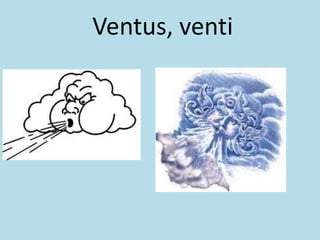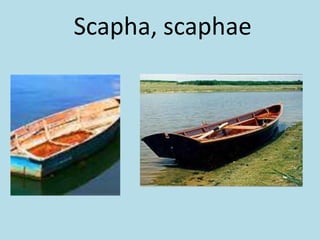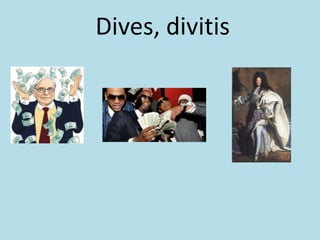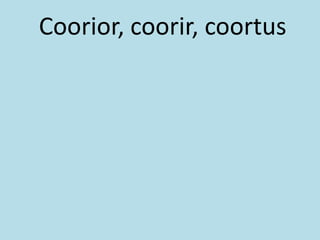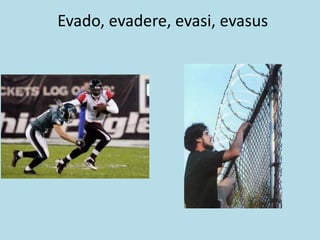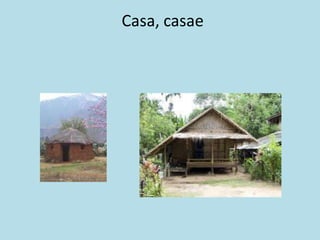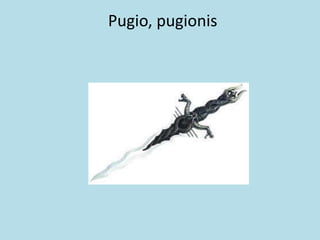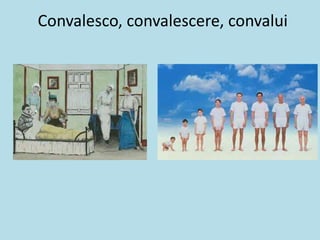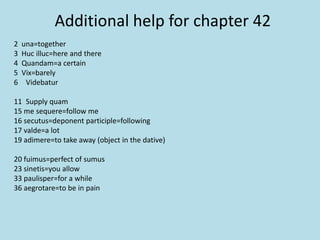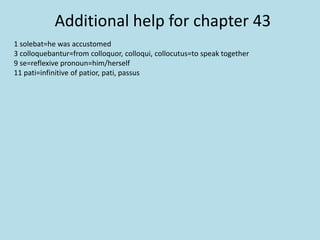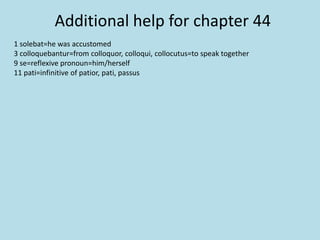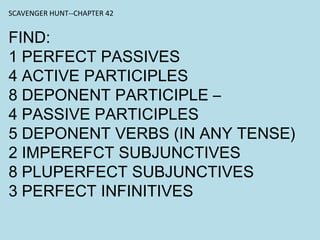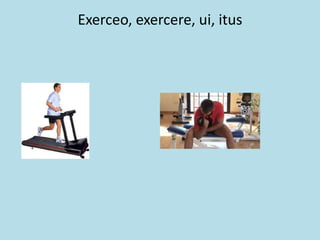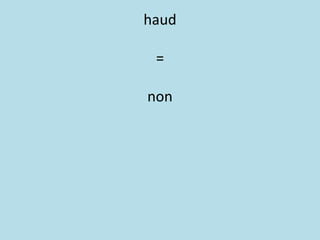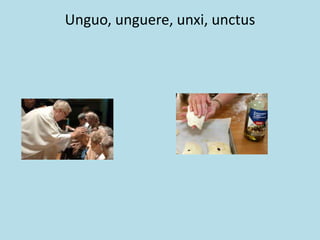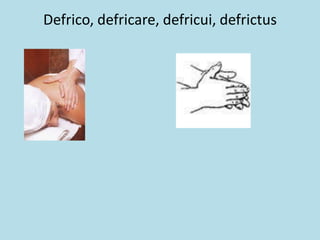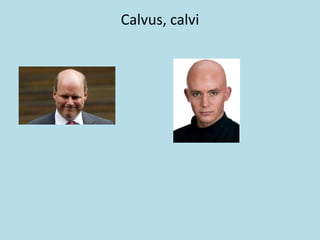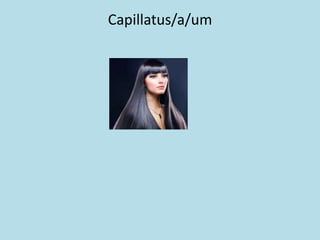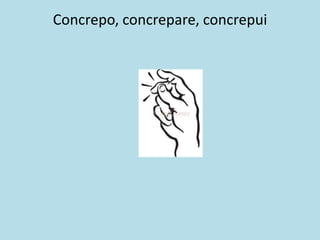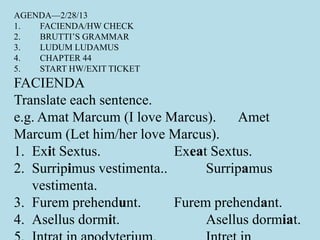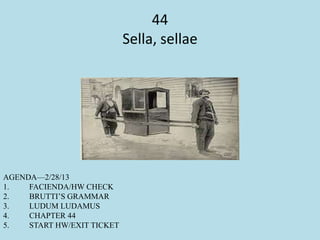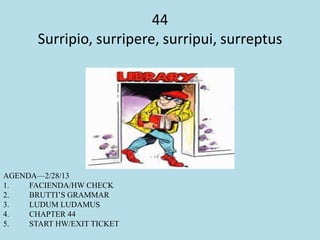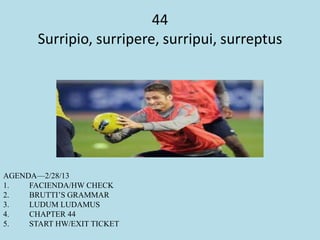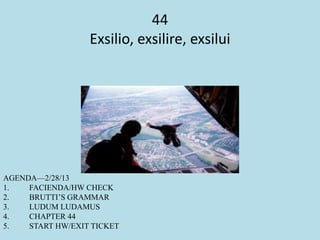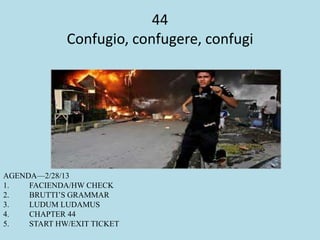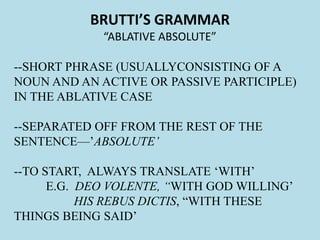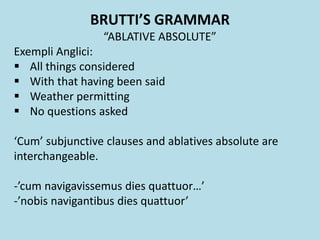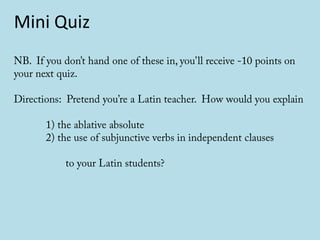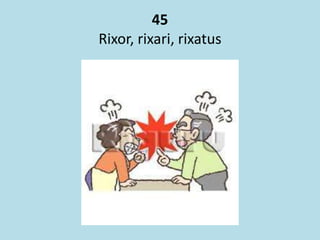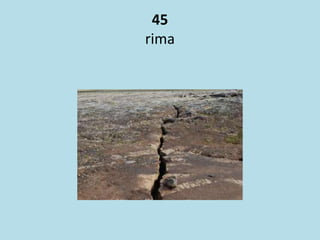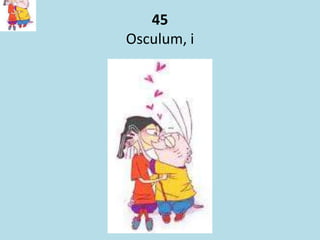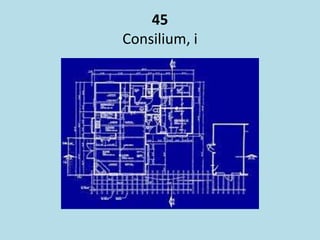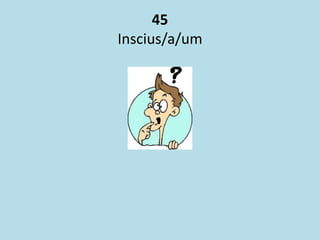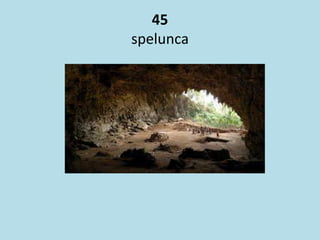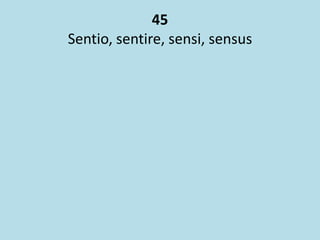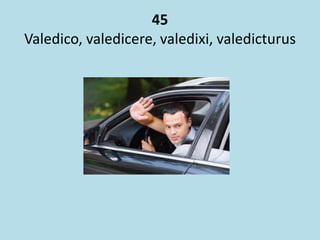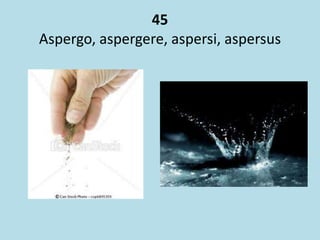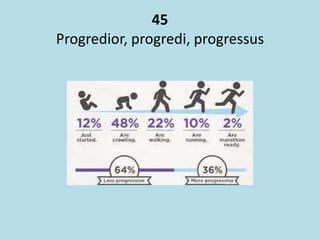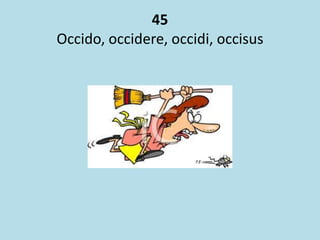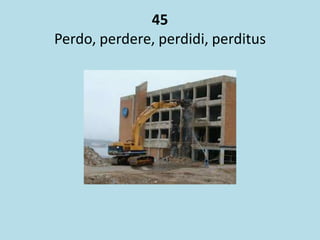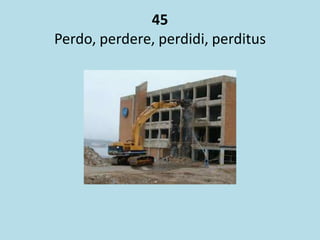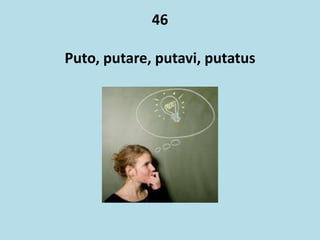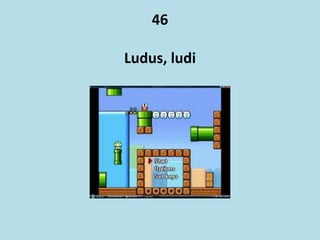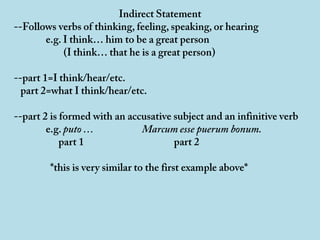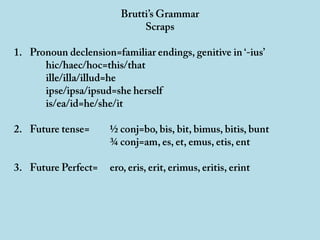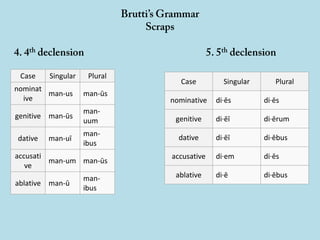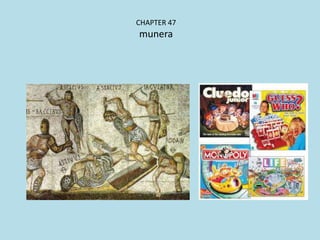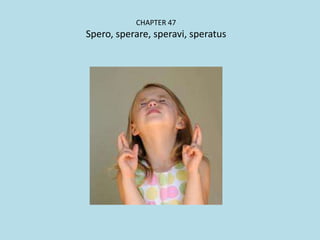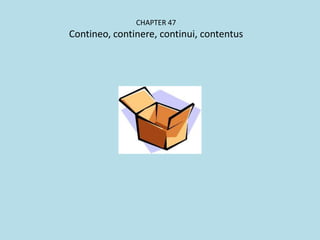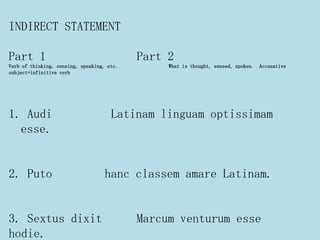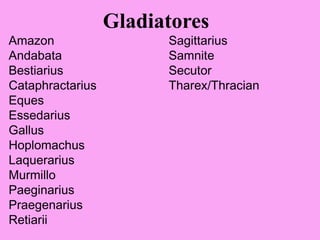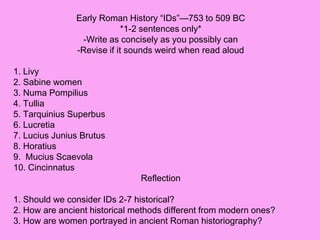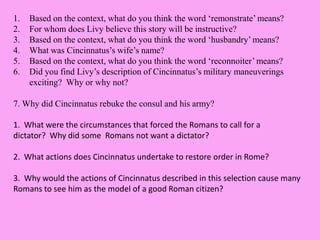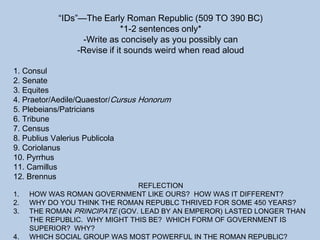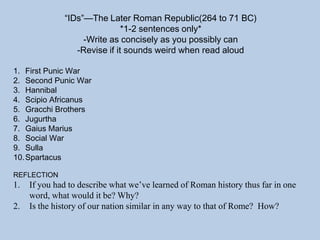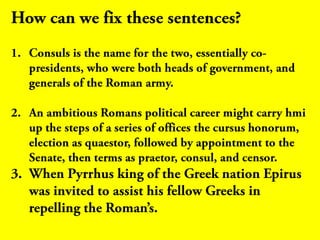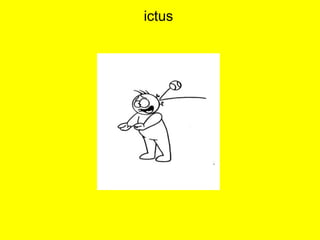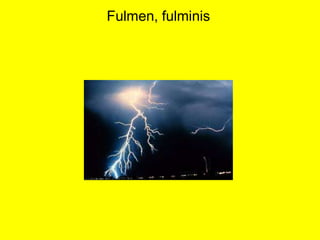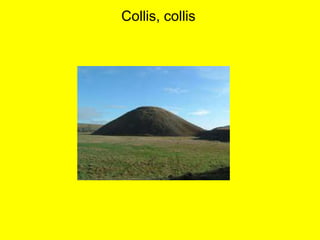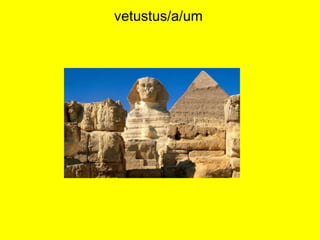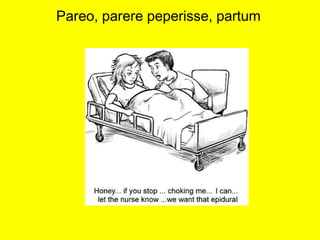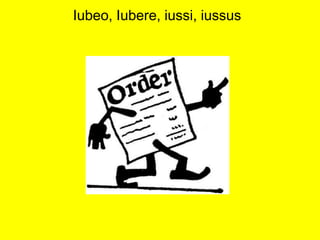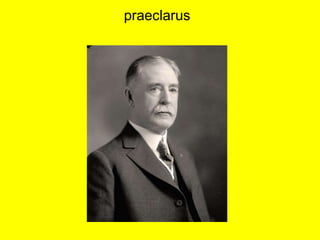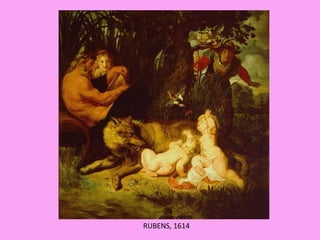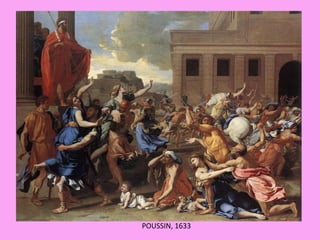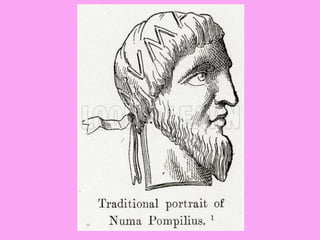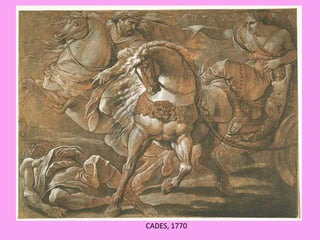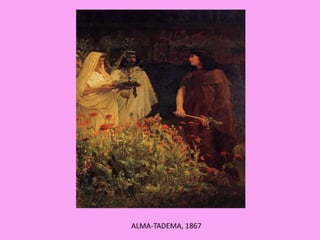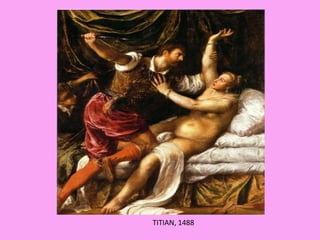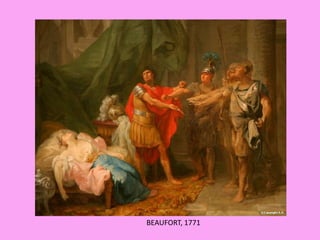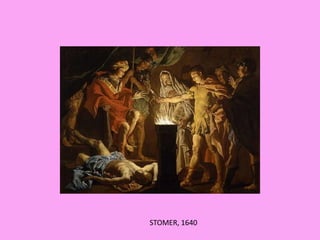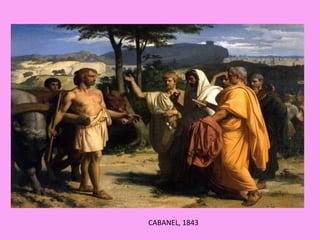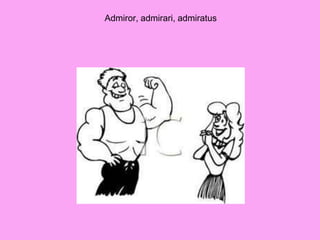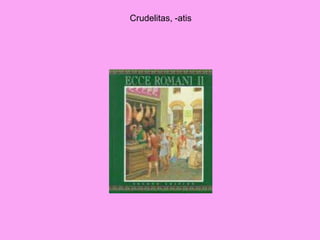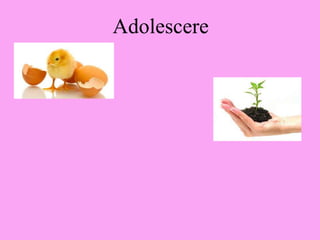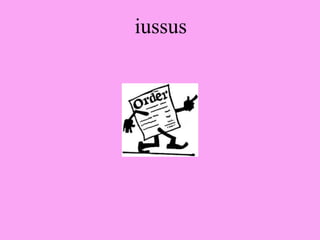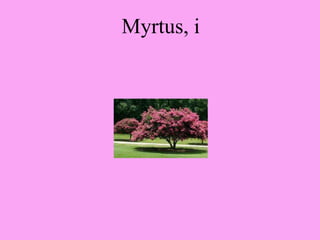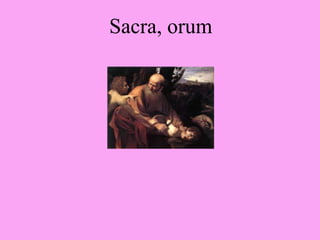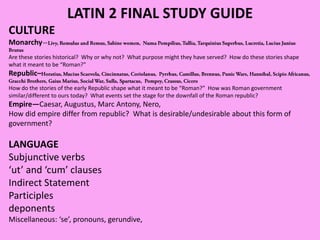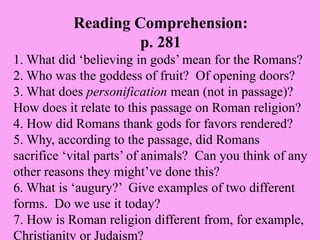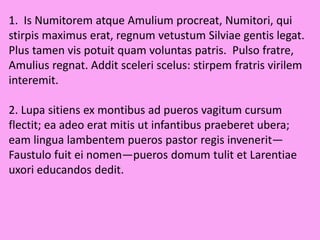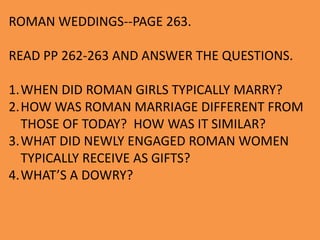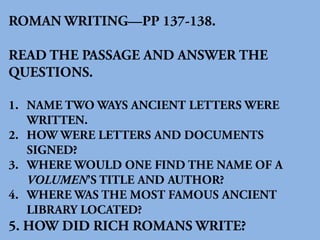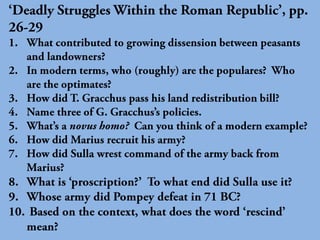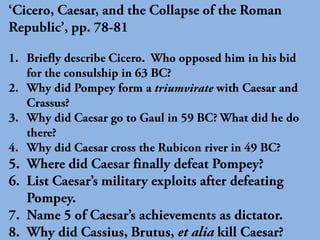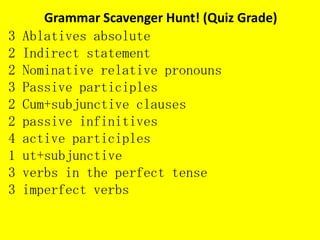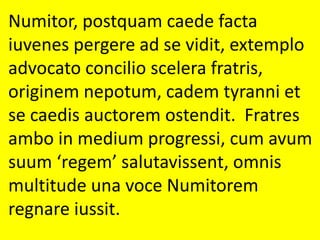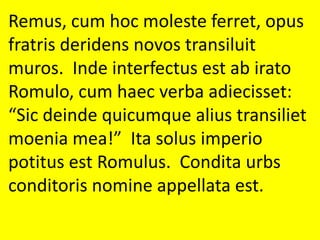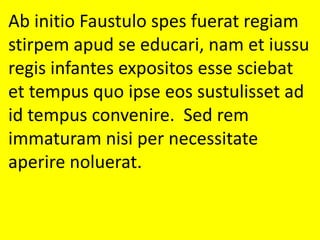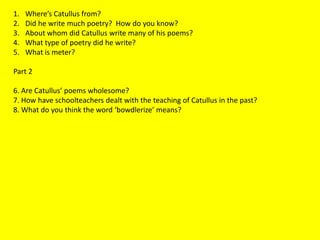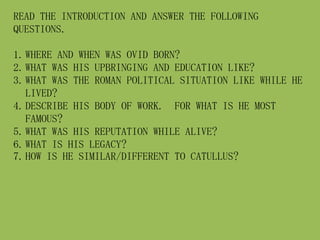Latin 2 term 3
- 1. 1/30/13 QUIZ MONDAY: QUINQUE SENTENTIAE LATINAE NOVAE CAPITULUM 42 ANCIENT GEOGRAPHY
- 2. Put the following into the correct chronological order. a. Second Punic war b. Homer writes Iliad and Odyssey c. Spartacus revolts against Rome d. Birth of Christ e. Romulus founds Rome f. Caesar Augustus takes power g. Great Pyramid built in Egypt h. Marcus and Sextus go to Rome i. Classical Period of Ancient Greece j. Trojan War k. Julius Caesar assassinated Agenda: 2/5/13 1. Facienda 2. Chapter 42 3. Subjunctive Verbs 4. Computer Lab
- 3. Put the following into the correct chronological order. a. Death of Alexander the Great b. death of Cleopatra c. Constantine converts to Christianity d. Peloponnesian Wars e. Rise of Islam f. Hadrianâs reign g. Reign of Nero h. Last Roman emperor Augustulus (âfall of Romeâ) i. Oedipus Rex performed j. New testament written 5) It is impossible to live pleasantly without living wisely and honorably and justly, and it is impossible to live wisely and honorably and justly without living pleasantly. Whenever any one of these is lacking (when, for instance, one is not able to live wisely, though he lives honorably and justly) it is impossible for him to live a pleasant life. Agenda: 2/6/13 1. Facienda/Epicurus 2. Chapter 42 3. Subjunctive Verbs 4. Computer Lab
- 4. âTossupâ 9) He wrote Regulae, or Rules for the Direction of the Mind, during his twenty years in the Netherlands. He would also write Le Monde, based on the studies of Copernicus, which he hid after learning of the persecution of Galileo.* He wrote Passions of the Soul in French while he was in Sweden tutoring Vasa Queen Christina. For ten points, identify this philosopher, who, in the fourth part of Discourse on Method, made the assertion "Cogito, ergo sumâ or âI think, therefore I am.â N.B. -No conferring with teammates. -If you buzz in correctly before the star, you earn extra points. -If you answer correctly, your team gets a multi-part âbonus question.â -other teams can swoop in on incorrectly answered questions Agenda: 2/5/13 1. Facienda 2. Chapter 42 3. Subjunctive Verbs 4. Computer Lab
- 5. Answer: Rene Descartes Agenda: 2/5/13 1. Facienda 2. Chapter 42 3. Subjunctive Verbs 4. Computer Lab
- 6. BONUS 20) Identify the Mozart opera from a brief description for the stated number of points. [10] Opera seria debuting in 1781 about the King of Crete who must sacrifice his son. Answer: Idomeneo, re di Creta (also âIdomeneus, King of Creteâ) [10] Fernando and Guglielmo attempt to get their betrotheds Dorabella and Fiordiligi to cheat on them in a bet with Alfonso. Answer: Cosi fan Tutte [5] Four act opera buffa based on a Beaumarchais about a barber from Seville. Answer: The Marriage of Figaro (also âLe Nozze di Figaroâ) [5] Singspiel in two acts about Sarastro protecting Pamina, who falls in love with Tamino, from the Queen of Night Answer: The Magic Flute (also Die ZauberflÃķte) Nb. -you can confer for 10 seconds on each part of the question -other teams canât buzz in Agenda: 2/5/13 1. Facienda 2. Chapter 42 3. Subjunctive Verbs 4. Computer Lab
- 8. Unda, undae
- 11. Dives, divitis
- 14. Evado, evadere, evasi, evasus
- 17. Supero, superare, superavi, superatus
- 18. Pauper, pauperis
- 19. Casa, casae
- 20. Pugio, pugionis
- 23. Additional help for chapter 42 2 una=together 3 Huc illuc=here and there 4 Quandam=a certain 5 Vix=barely 6 Videbatur 11 Supply quam 15 me sequere=follow me 16 secutus=deponent participle=following 17 valde=a lot 19 adimere=to take away (object in the dative) 20 fuimus=perfect of sumus 23 sinetis=you allow 33 paulisper=for a while 36 aegrotare=to be in pain
- 24. Additional help for chapter 43 1 solebat=he was accustomed 3 colloquebantur=from colloquor, colloqui, collocutus=to speak together 9 se=reflexive pronoun=him/herself 11 pati=infinitive of patior, pati, passus
- 25. Additional help for chapter 44 1 solebat=he was accustomed 3 colloquebantur=from colloquor, colloqui, collocutus=to speak together 9 se=reflexive pronoun=him/herself 11 pati=infinitive of patior, pati, passus
- 26. SCAVENGER HUNT--CHAPTER 42 FIND: 1 PERFECT PASSIVES 4 ACTIVE PARTICIPLES 8 DEPONENT PARTICIPLE â 4 PASSIVE PARTICIPLES 5 DEPONENT VERBS (IN ANY TENSE) 2 IMPEREFCT SUBJUNCTIVES 8 PLUPERFECT SUBJUNCTIVES 3 PERFECT INFINITIVES
- 27. Bruttiâs Grammar The subjunctive mood of verbs âĒ SUBJUNCTIVES ARE TYPICALLY FOUND IN SUBORDINATE CLAUSESâ E.G. AFTER WORDS LIKE âIFâ, âWHENâ, âUNLESSâ, âALTHOUGHâ âĒ WHEN THEY APPEAR AFTER THE WORD âUTâ, THEY INDICATE PURPOSE OR RESULT. âĒ WHEN THEY STAND ALONE (NOT IN A SUBORDINATE CLAUSE), THEY ARE USED TO EXPRESS 1) POTENTIAL 2) WISHES/COMMANDS 3) RHETORICAL QUESTIONS âĒ SUBJUNCTIVES LOOK SLIGHTLY DIFFERENT FROM THEIR INDICATIVE COUNTERPARTS. -PRESENT SUBJUNCTIVE=CHANGE VOWEL BEFORE ENDING. E.G. âPORTATâ BECOMES âPORTETâ -IMPERFECT SUBJUNCTIVE=ACTIVE INFINITIVE + M/S/T/MUS/TIS/NT -PLUPEFECT SUBJUNCTIVE=3RD PRINCIPAL PART + ISSEM/ISSES/ISSET ETC.
- 28. Bruttiâs Grammar The subjunctive mood of verbs âĒ SUBJUNCTIVES ARE TYPICALLY FOUND IN SUBORDINATE CLAUSESâ E.G. AFTER WORDS LIKE âIFâ, âWHENâ, âUNLESSâ, âALTHOUGHâ âĒ WHEN THEY APPEAR AFTER THE WORD âUTâ, THEY INDICATE PURPOSE OR RESULT. âĒ WHEN THEY STAND ALONE (NOT IN A SUBORDINATE CLAUSE), THEY ARE USED TO EXPRESS 1) POTENTIAL 2) WISHES/COMMANDS 3) RHETORICAL QUESTIONS âĒ SUBJUNCTIVES LOOK SLIGHTLY DIFFERENT FROM THEIR INDICATIVE COUNTERPARTS. -PRESENT SUBJUNCTIVE=CHANGE VOWEL BEFORE ENDING. E.G. âPORTATâ BECOMES âPORTETâ -IMPERFECT SUBJUNCTIVE=ACTIVE INFINITIVE + M/S/T/MUS/TIS/NT -PLUPEFECT SUBJUNCTIVE=3RD PRINCIPAL PART + ISSEM/ISSES/ISSET ETC.
- 29. Vestibule
- 30. Exerceo, exercere, ui, itus
- 31. Calor, caloris
- 32. haud = non
- 33. Unguo, unguere, unxi, unctus
- 34. Defrico, defricare, defricui, defrictus
- 35. Tergeo, tergere, tersi, tersus
- 36. contra
- 37. Senex, senis
- 38. Calvus, calvi
- 39. Capillatus/a/um
- 40. Follis, follis
- 41. Digitus, i
- 43. AGENDAâ2/28/13 1. FACIENDA/HW CHECK 2. BRUTTIâS GRAMMAR 3. LUDUM LUDAMUS 4. CHAPTER 44 5. START HW/EXIT TICKET FACIENDA Translate each sentence. e.g. Amat Marcum (I love Marcus). Amet Marcum (Let him/her love Marcus). 1. Exit Sextus. Exeat Sextus. 2. Surripimus vestimenta.. Surripamus vestimenta. 3. Furem prehendunt. Furem prehendant. 4. Asellus dormit. Asellus dormiat.
- 44. 44 Fur, furis AGENDAâ2/28/13 1. FACIENDA/HW CHECK 2. BRUTTIâS GRAMMAR 3. LUDUM LUDAMUS 4. CHAPTER 44 5. START HW/EXIT TICKET
- 45. 44 Sella, sellae AGENDAâ2/28/13 1. FACIENDA/HW CHECK 2. BRUTTIâS GRAMMAR 3. LUDUM LUDAMUS 4. CHAPTER 44 5. START HW/EXIT TICKET
- 46. 44 Surripio, surripere, surripui, surreptus AGENDAâ2/28/13 1. FACIENDA/HW CHECK 2. BRUTTIâS GRAMMAR 3. LUDUM LUDAMUS 4. CHAPTER 44 5. START HW/EXIT TICKET
- 47. 44 Surripio, surripere, surripui, surreptus AGENDAâ2/28/13 1. FACIENDA/HW CHECK 2. BRUTTIâS GRAMMAR 3. LUDUM LUDAMUS 4. CHAPTER 44 5. START HW/EXIT TICKET
- 48. 44 Exsilio, exsilire, exsilui AGENDAâ2/28/13 1. FACIENDA/HW CHECK 2. BRUTTIâS GRAMMAR 3. LUDUM LUDAMUS 4. CHAPTER 44 5. START HW/EXIT TICKET
- 49. 44 Confugio, confugere, confugi AGENDAâ2/28/13 1. FACIENDA/HW CHECK 2. BRUTTIâS GRAMMAR 3. LUDUM LUDAMUS 4. CHAPTER 44 5. START HW/EXIT TICKET
- 50. BRUTTIâS GRAMMAR âABLATIVE ABSOLUTEâ --SHORT PHRASE (USUALLYCONSISTING OF A NOUN AND AN ACTIVE OR PASSIVE PARTICIPLE) IN THE ABLATIVE CASE --SEPARATED OFF FROM THE REST OF THE SENTENCEââABSOLUTEâ --TO START, ALWAYS TRANSLATE âWITHâ E.G. DEO VOLENTE, âWITH GOD WILLINGâ HIS REBUS DICTIS, âWITH THESE THINGS BEING SAIDâ
- 51. BRUTTIâS GRAMMAR âABLATIVE ABSOLUTEâ Exempli Anglici: ï§ All things considered ï§ With that having been said ï§ Weather permitting ï§ No questions asked âCumâ subjunctive clauses and ablatives absolute are interchangeable. -âcum navigavissemus dies quattuorâĶâ -ânobis navigantibus dies quattuorâ
- 52. Mini Quiz
- 55. 45 rima
- 56. 45 Osculum, i
- 57. 45 Consilium, i
- 58. 45 Inscius/a/um
- 59. 45 Vultus, us
- 61. 45 spelunca
- 62. 45 Sentio, sentire, sensi, sensus
- 63. 45 Valedico, valedicere, valedixi, valedicturus
- 64. 45 Aspergo, aspergere, aspersi, aspersus
- 66. 45 Occido, occidere, occidi, occisus
- 67. 45 Perdo, perdere, perdidi, perditus
- 68. 45 Perdo, perdere, perdidi, perditus
- 69. 46 Puto, putare, putavi, putatus
- 70. 46 Ludus, ludi
- 71. 46 postremo
- 72. 46 ambo
- 73. 46 pupa
- 74. Future Active Participles --stick âurâ before ending of PPP -visurus=about to, going to see --thatâs it
- 77. Case Singular Plural nominat ive man-us man-ÅŦs genitive man-ÅŦs man- uum dative man-uÄŦ man- ibus accusati ve man-um man-ÅŦs ablative man-ÅŦ man- ibus Case Singular Plural nominative di·Äs di·Äs genitive di·ÄÄŦ di·Ärum dative di·ÄÄŦ di·Äbus accusative di·em di·Äs ablative diÂ·Ä di·Äbus
- 80. CHAPTER 47 Spero, sperare, speravi, speratus
- 82. CHAPTER 47 Contineo, continere, continui, contentus
- 83. INDIRECT STATEMENT Part 1 Part 2 Verb of thinking, sensing, speaking, etc. What is thought, sensed, spoken. Accusative subject+infinitive verb 1. Audi Latinam linguam optissimam esse. 2. Puto hanc classem amare Latinam. 3. Sextus dixit Marcum venturum esse hodie.
- 84. Gladiatores Amazon Sagittarius Andabata Samnite Bestiarius Secutor Cataphractarius Tharex/Thracian Eques Essedarius Gallus Hoplomachus Laquerarius Murmillo Paeginarius Praegenarius Retiarii
- 85. Romulus et Remus: Notes Lingua Latina PP 88-90 *LIST EVERY WORD YOU DONâT RECOGNIZE* âĒ Line 89: peperit=gave birth âĒ Line 94: mitti=passive infinitive of âmittereâ âĒ Line 101: ubera=teat âĒ Line 107: segnes=lazy âĒ Line 108: viribus...auctis=abl. Abs âĒ Line 114: ceperunt=perf 3rd plural of capio=to seize âĒ Line 115: fieri=passive infinitive of facio, facere
- 86. Early Roman History âIDsââ753 to 509 BC *1-2 sentences only* -Write as concisely as you possibly can -Revise if it sounds weird when read aloud 1. Livy 2. Sabine women 3. Numa Pompilius 4. Tullia 5. Tarquinius Superbus 6. Lucretia 7. Lucius Junius Brutus 8. Horatius 9. Mucius Scaevola 10. Cincinnatus Reflection 1. Should we consider IDs 2-7 historical? 2. How are ancient historical methods different from modern ones? 3. How are women portrayed in ancient Roman historiography?
- 87. 1. Based on the context, what do you think the word âremonstrateâ means? 2. For whom does Livy believe this story will be instructive? 3. Based on the context, what do you think the word âhusbandryâ means? 4. What was Cincinnatusâs wifeâs name? 5. Based on the context, what do you think the word âreconnoiterâ means? 6. Did you find Livyâs description of Cincinnatusâs military maneuverings exciting? Why or why not? 7. Why did Cincinnatus rebuke the consul and his army? 1. What were the circumstances that forced the Romans to call for a dictator? Why did some Romans not want a dictator? 2. What actions does Cincinnatus undertake to restore order in Rome? 3. Why would the actions of Cincinnatus described in this selection cause many Romans to see him as the model of a good Roman citizen?
- 88. âIDsââThe Early Roman Republic (509 TO 390 BC) *1-2 sentences only* -Write as concisely as you possibly can -Revise if it sounds weird when read aloud 1. Consul 2. Senate 3. Equites 4. Praetor/Aedile/Quaestor/Cursus Honorum 5. Plebeians/Patricians 6. Tribune 7. Census 8. Publius Valerius Publicola 9. Coriolanus 10. Pyrrhus 11. Camillus 12. Brennus REFLECTION 1. HOW WAS ROMAN GOVERNMENT LIKE OURS? HOW WAS IT DIFFERENT? 2. WHY DO YOU THINK THE ROMAN REPUBLC THRIVED FOR SOME 450 YEARS? 3. THE ROMAN PRINCIPATE (GOV. LEAD BY AN EMPEROR) LASTED LONGER THAN THE REPUBLIC. WHY MIGHT THIS BE? WHICH FORM OF GOVERNMENT IS SUPERIOR? WHY? 4. WHICH SOCIAL GROUP WAS MOST POWERFUL IN THE ROMAN REPUBLIC?
- 89. âIDsââThe Later Roman Republic(264 to 71 BC) *1-2 sentences only* -Write as concisely as you possibly can -Revise if it sounds weird when read aloud 1. First Punic War 2. Second Punic War 3. Hannibal 4. Scipio Africanus 5. Gracchi Brothers 6. Jugurtha 7. Gaius Marius 8. Social War 9. Sulla 10.Spartacus REFLECTION 1. If you had to describe what weâve learned of Roman history thus far in one word, what would it be? Why? 2. Is the history of our nation similar in any way to that of Rome? How?
- 92. MANEO, MANERE, MANSI, MANSURUS
- 93. ictus
- 94. Fulmen, fulminis
- 95. Sepelio, sepelire, sepelivi, sepeltum
- 96. Collis, collis
- 97. vetustus/a/um
- 98. Stirps, stirpis
- 99. Pareo, parere peperisse, partum
- 100. Geminus/a/um
- 101. Iubeo, Iubere, iussi, iussus
- 102. Sol, solis
- 103. vultus
- 104. festinare
- 105. praeclarus
- 108. RUBENS, 1614
- 109. POUSSIN, 1633
- 111. CADES, 1770
- 112. ALMA-TADEMA, 1867
- 113. TITIAN, 1488
- 114. BEAUFORT, 1771
- 115. STOMER, 1640
- 116. CABANEL, 1843
- 117. Quasi
- 119. placide
- 120. clementer
- 121. Exanimantus/a/um
- 122. Mutuus/a/um
- 123. Crudelitas, -atis
- 126. Adolescere
- 128. iussus
- 129. Tollo, tollere, sustuli, sublatum
- 130. aperire
- 131. Cogo, cogere, coegi, coactus
- 132. Cogo, cogere, coegi, coactus
- 133. Metus
- 134. ingenium
- 135. Servo, servare, servi, servatus
- 136. dolus
- 137. Vitta, ae
- 138. Myrtus, i
- 139. Laurus, i
- 140. Orno, ornare, ornavi, ornatus
- 141. Ara, ae
- 142. Sacra, orum
- 143. Auspex, auspicis
- 144. Exta, extorum
- 145. Dextra, ae
- 146. Iungo, iungere, iunxi, iunctus
- 147. Ardeo, ardere, arsi, arsurus
- 148. LATIN 2 FINAL STUDY GUIDE CULTURE Monarchyâ Are these stories historical? Why or why not? What purpose might they have served? How do these stories shape what it meant to be âRoman?â Republicâ How do the stories of the early Republic shape what it meant to be âRoman?â How was Roman government similar/different to ours today? What events set the stage for the downfall of the Roman republic? EmpireâCaesar, Augustus, Marc Antony, Nero, How did empire differ from republic? What is desirable/undesirable about this form of government? LANGUAGE Subjunctive verbs âutâ and âcumâ clauses Indirect Statement Participles deponents Miscellaneous: âseâ, pronouns, gerundive,
- 149. Reading Comprehension: p. 281 1. What did âbelieving in godsâ mean for the Romans? 2. Who was the goddess of fruit? Of opening doors? 3. What does personification mean (not in passage)? How does it relate to this passage on Roman religion? 4. How did Romans thank gods for favors rendered? 5. Why, according to the passage, did Romans sacrifice âvital partsâ of animals? Can you think of any other reasons they mightâve done this? 6. What is âaugury?â Give examples of two different forms. Do we use it today? 7. How is Roman religion different from, for example, Christianity or Judaism?
- 150. 1. Is Numitorem atque Amulium procreat, Numitori, qui stirpis maximus erat, regnum vetustum Silviae gentis legat. Plus tamen vis potuit quam voluntas patris. Pulso fratre, Amulius regnat. Addit sceleri scelus: stirpem fratris virilem interemit. 2. Lupa sitiens ex montibus ad pueros vagitum cursum flectit; ea adeo erat mitis ut infantibus praeberet ubera; eam lingua lambentem pueros pastor regis inveneritâ Faustulo fuit ei nomenâpueros domum tulit et Larentiae uxori educandos dedit.
- 151. ROMAN WEDDINGS--PAGE 263. READ PP 262-263 AND ANSWER THE QUESTIONS. 1.WHEN DID ROMAN GIRLS TYPICALLY MARRY? 2.HOW WAS ROMAN MARRIAGE DIFFERENT FROM THOSE OF TODAY? HOW WAS IT SIMILAR? 3.WHAT DID NEWLY ENGAGED ROMAN WOMEN TYPICALLY RECEIVE AS GIFTS? 4.WHATâS A DOWRY?
- 155. Grammar Scavenger Hunt! (Quiz Grade) 3 Ablatives absolute 2 Indirect statement 2 Nominative relative pronouns 3 Passive participles 2 Cum+subjunctive clauses 2 passive infinitives 4 active participles 1 ut+subjunctive 3 verbs in the perfect tense 3 imperfect verbs
- 156. Numitor, postquam caede facta iuvenes pergere ad se vidit, extemplo advocato concilio scelera fratris, originem nepotum, cadem tyranni et se caedis auctorem ostendit. Fratres ambo in medium progressi, cum avum suum âregemâ salutavissent, omnis multitude una voce Numitorem regnare iussit.
- 157. Remus, cum hoc moleste ferret, opus fratris deridens novos transiluit muros. Inde interfectus est ab irato Romulo, cum haec verba adiecisset: âSic deinde quicumque alius transiliet moenia mea!â Ita solus imperio potitus est Romulus. Condita urbs conditoris nomine appellata est.
- 158. Ab initio Faustulo spes fuerat regiam stirpem apud se educari, nam et iussu regis infantes expositos esse sciebat et tempus quo ipse eos sustulisset ad id tempus convenire. Sed rem immaturam nisi per necessitate aperire noluerat.
- 159. 1. Whereâs Catullus from? 2. Did he write much poetry? How do you know? 3. About whom did Catullus write many of his poems? 4. What type of poetry did he write? 5. What is meter? Part 2 6. Are Catullusâ poems wholesome? 7. How have schoolteachers dealt with the teaching of Catullus in the past? 8. What do you think the word âbowdlerizeâ means?
- 160. READ THE INTRODUCTION AND ANSWER THE FOLLOWING QUESTIONS. 1.WHERE AND WHEN WAS OVID BORN? 2.WHAT WAS HIS UPBRINGING AND EDUCATION LIKE? 3.WHAT WAS THE ROMAN POLITICAL SITUATION LIKE WHILE HE LIVED? 4.DESCRIBE HIS BODY OF WORK. FOR WHAT IS HE MOST FAMOUS? 5.WHAT WAS HIS REPUTATION WHILE ALIVE? 6.WHAT IS HIS LEGACY? 7.HOW IS HE SIMILAR/DIFFERENT TO CATULLUS?
- 161. Ecce Romani! Fan Fiction Anthology Project (Test Grade)
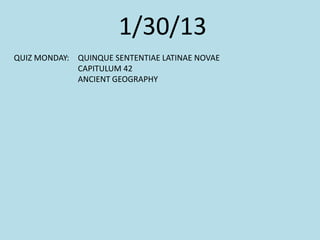
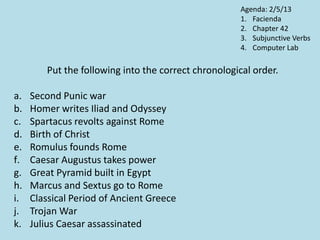
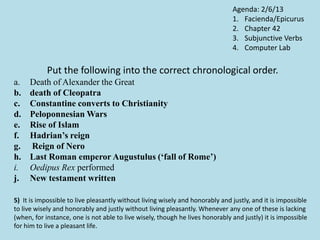
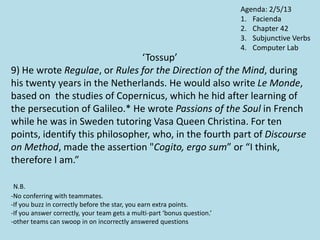
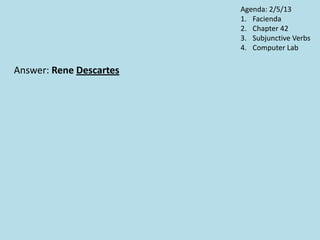
![BONUS
20) Identify the Mozart opera from a brief description for the stated number of points.
[10] Opera seria debuting in 1781 about the King of Crete who must sacrifice his son.
Answer: Idomeneo, re di Creta (also âIdomeneus, King of Creteâ)
[10] Fernando and Guglielmo attempt to get their betrotheds Dorabella and Fiordiligi to
cheat on them in a bet with Alfonso.
Answer: Cosi fan Tutte
[5] Four act opera buffa based on a Beaumarchais about a barber from Seville.
Answer: The Marriage of Figaro (also âLe Nozze di Figaroâ)
[5] Singspiel in two acts about Sarastro protecting Pamina, who falls in love with Tamino,
from the Queen of Night
Answer: The Magic Flute (also Die ZauberflÃķte)
Nb.
-you can confer for 10 seconds on each part of the question
-other teams canât buzz in
Agenda: 2/5/13
1. Facienda
2. Chapter 42
3. Subjunctive Verbs
4. Computer Lab](https://image.slidesharecdn.com/latin2term3-130604072854-phpapp01/85/Latin-2-term-3-6-320.jpg)
